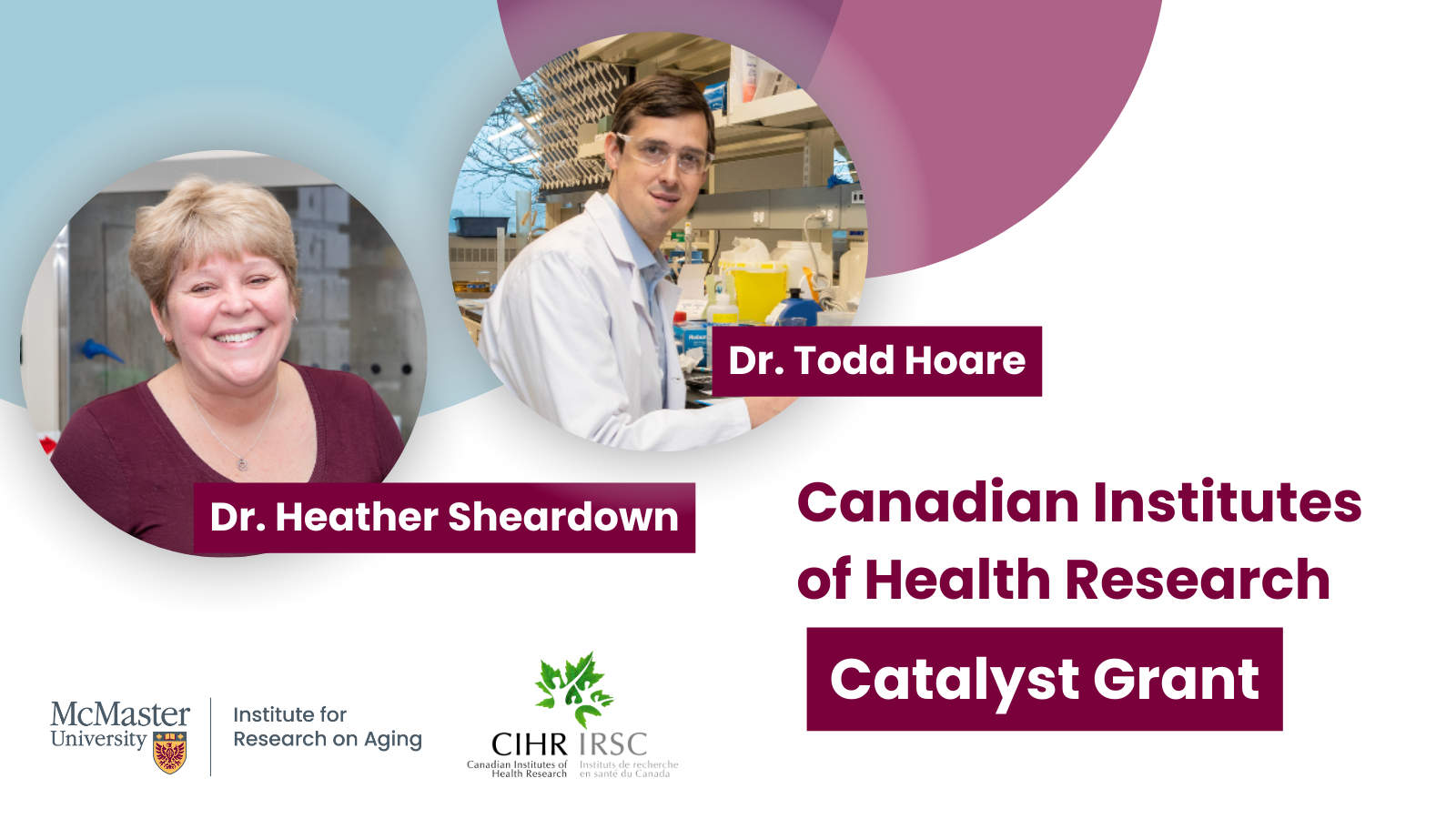BY MICHAEL CORDEIRO, UNIVERSITY ADVANCEMENT June 20, 2024
One in 10 adults older than 65 experience a gradual decline in cognitive functions, including memory loss and reduced mobility, according to the Public Health Agency of Canada. This sobering statistic underscores the urgency to discover solutions for maintaining good brain health as we age.
In response to this pressing need, McMaster University chancellor emerita and alumna Suzanne Labarge, ’67 is generously giving $7.5 million to the university to accelerate research focused on the aging brain.
“As Canada’s population continues to age, the need to invest in research centred on the health and well-being of older adults has never been greater,” said Labarge. “McMaster is a global leader in optimal aging research, and I am confident the university’s researchers will gain critical insights into the intricate workings of the brain and its impact as we age.”
Labarge, who is a member of the Order of Canada and a former vice-chair of the Royal Bank of Canada (RBC), has been a longstanding catalyst for aging research at the university and within the McMaster Institute for Research on Aging (MIRA). The institute aims to optimize the longevity of Canada’s aging population through research, education and collaboration. Interdisciplinary teams work alongside older adults and key stakeholders to help Canadians spend more years living well.
The aging brain research program
Labarge’s latest investment of $7.5 million will help MIRA leverage existing research programs and engage in developing new programs to better understand how the aging brain controls our body functions as we age.
The new aging brain research program will be overseen by Parminder Raina, scientific director of MIRA, principal investigator of the Canadian Longitudinal Study on Aging and a Canada Research Chair in Geroscience.
“Changes in the brain as we age may affect areas of health such as mobility and falls and increase the risk of many neurodegenerative diseases such as delirium and dementia,” explained Raina. “Suzanne’s friendship and commitment to our work will help us generate innovative knowledge about the brain, with the potential to transform how we care for older adults.”
Labarge’s gift will advance researchers’ understanding of successful cognitive aging. The initiatives include research investigating the relationship between the brain, gut health and optimal aging; studies exploring how mobility, physical activity, diet and loneliness influence brain health; and examining how intergenerational family dynamics intersect with mobility and the aging brain.
A champion for aging research
Given that aging is a university-wide initiative, researchers from across McMaster will collaborate on aging brain research enabled by Labarge’s gift.
“Aging is a key priority for our Faculty, and this latest gift from Suzanne greatly amplifies our research endeavours,” said Paul O’Byrne, dean and vice-president for the Faculty of Health Sciences. “We thank Suzanne for empowering McMaster’s brightest minds to be at the forefront of innovations in aging.”
McMaster President and Vice-Chancellor David Farrar acknowledged the immense impact of Labarge’s philanthropy.
“Suzanne’s visionary leadership over the last 30 years has been vital in elevating McMaster as a world leader in optimal aging research,” said Farrar. “We are grateful to Suzanne for her unwavering dedication to optimizing the health of seniors.”
Supporting aging brain research is just the next chapter of Labarge’s remarkable history of backing aging research at McMaster. Over the years, she has given more than $42 million to enhance the lives of older adults in Canada and around the world.
In 2007, her $2-million endowed gift established the Raymond and Margaret Labarge Chair in Research and Knowledge Application for Optimal Aging, named in tribute to her parents.
To bridge the gap between scientific research and real-world application, she subsequently founded the Labarge Optimal Aging Initiative in 2012 with a $12-million gift. The initiative includes the McMaster Optimal Aging Portal, a free online resource that takes complex information about aging and presents it in easy-to-understand language. With more than 100,000 monthly visits, the portal serves as a trusted source for adults aged 55 and older seeking guidance on staying healthy, active and engaged as they age.
In 2016, her $15-million gift created the Labarge Centre for Mobility in Aging (LCMA), which formally established MIRA at the university. The LCMA facilitates and amplifies research that mitigates the risks and consequences of declining mobility with age.
When the COVID-19 pandemic exacerbated the complex social barriers faced by many low-income older adults, Labarge established the MIRA | Dixon Hall Centre in 2021 with a $5-million gift. This partnership enhances research with, and services for, older people living in Toronto facing housing insecurity, barriers to transportation and transitions in care, such as hospital-to-home and end-of-life.
The McMaster community extends its appreciation to Labarge, whose support has boosted advancements in optimal aging research, profoundly impacting the lives of older adults.
Brighter World has the story here.

